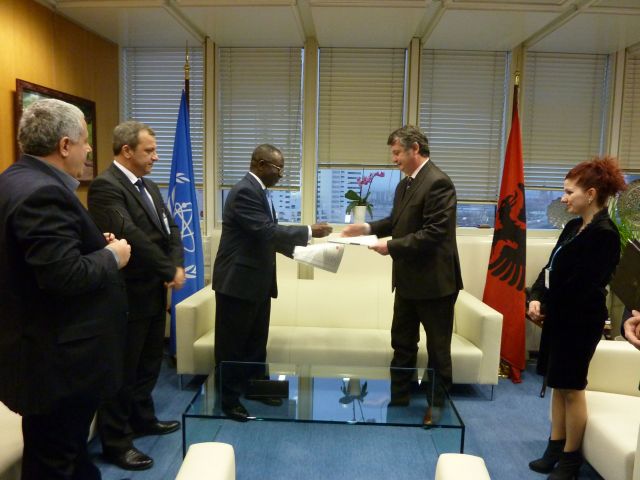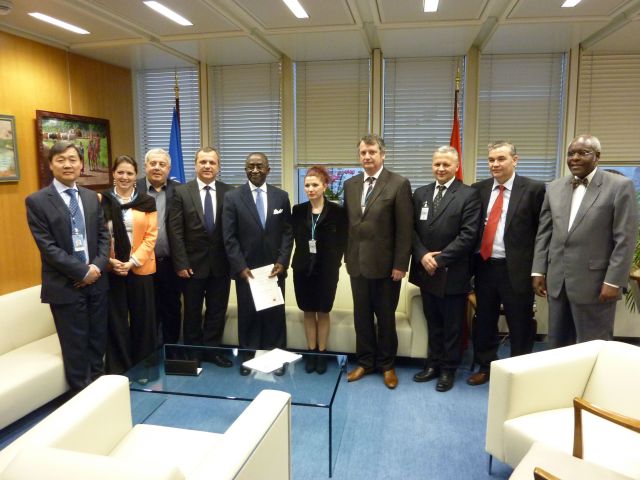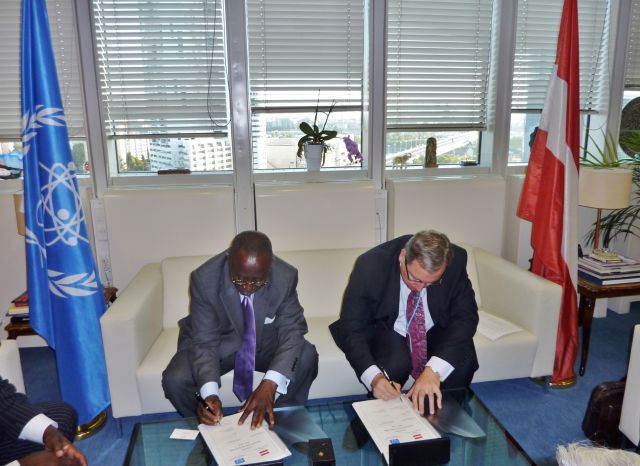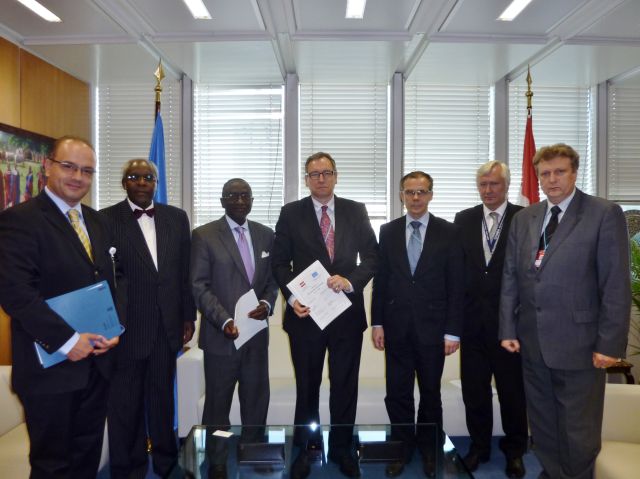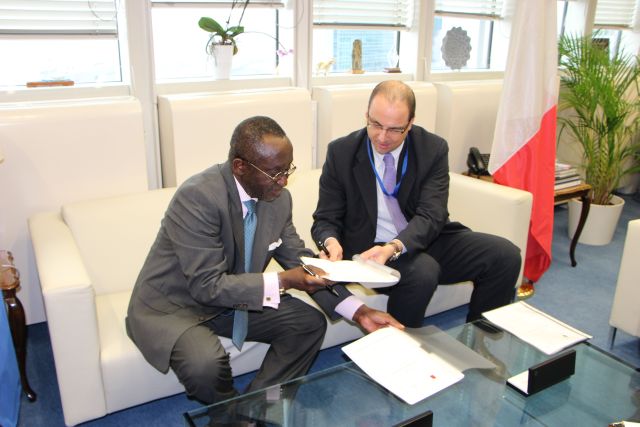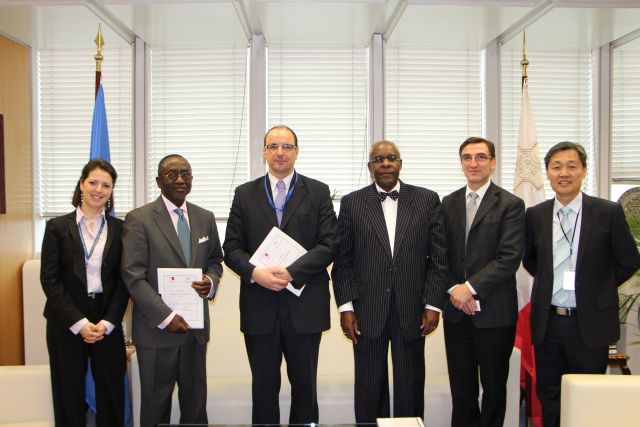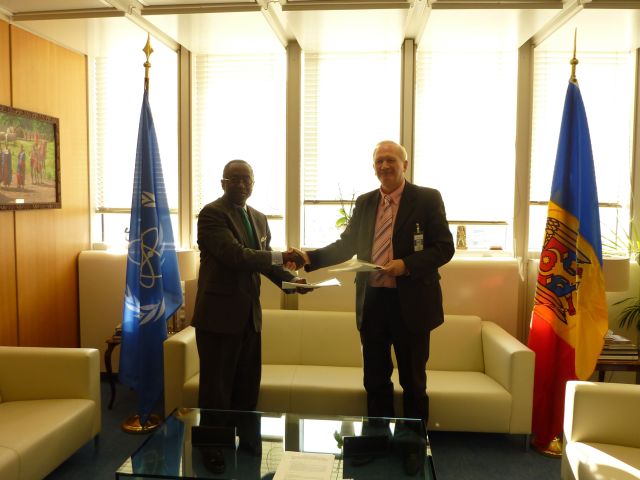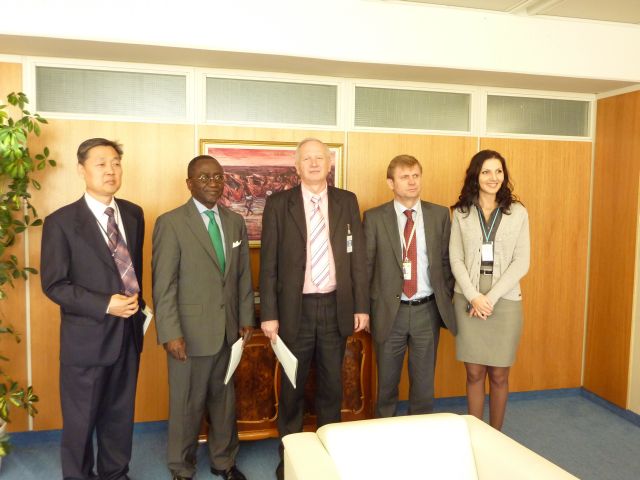In 2009, Member States in the Europe Region and the IAEA agreed that the "Strategy for the Technical Cooperation Programme in the Europe Region" (2011) should be for the entire Europe Region Technical Cooperation Programme (TCP), covering national and regional projects. As per the Strategy, the national TCP, which consists of a set of projects addressing different subject areas in a country, is based on the Country Programme Framework (CPF). This planning tool outlines priority areas for potential cooperation between an individual Member State and the IAEA in the medium term.
In the spirit of the Strategy core values, which underpin the way in which the Europe region delivers on its strategic vision, in 2012, Albania, Latvia, Lithuania, Malta and the Republic of Moldova have updated their Country Programme Frameworks.
